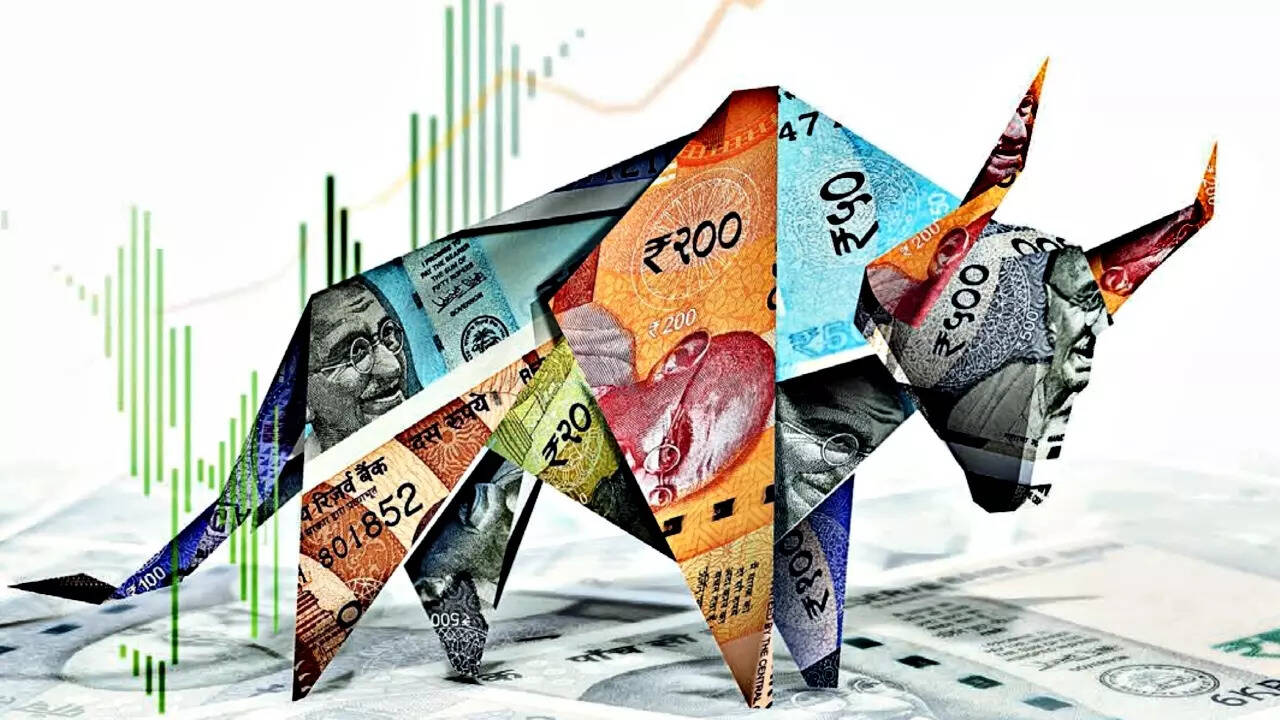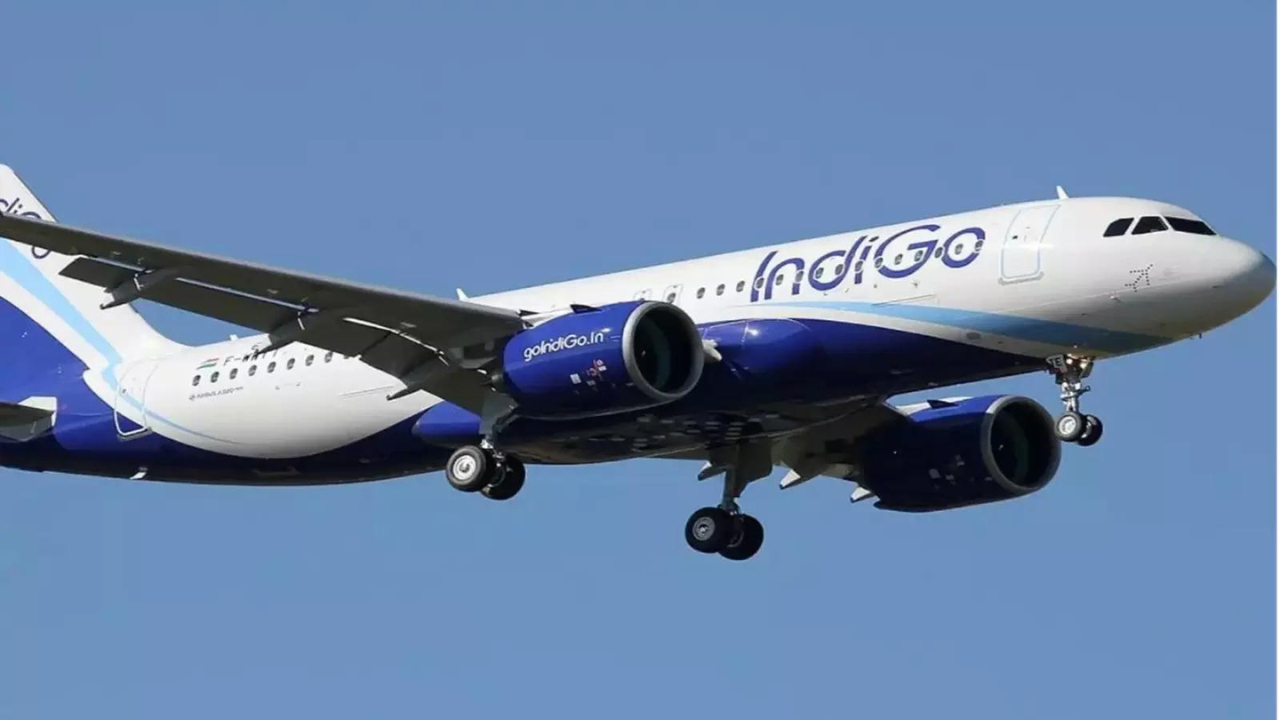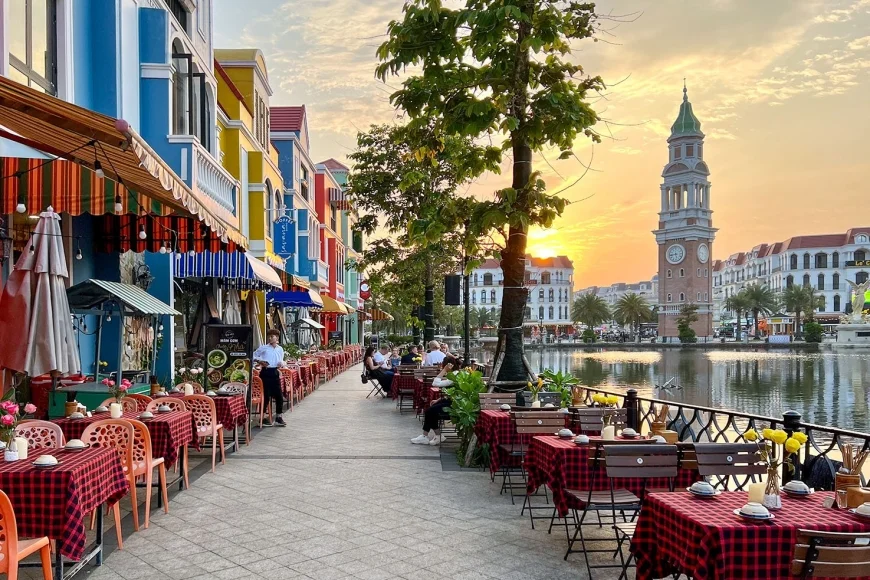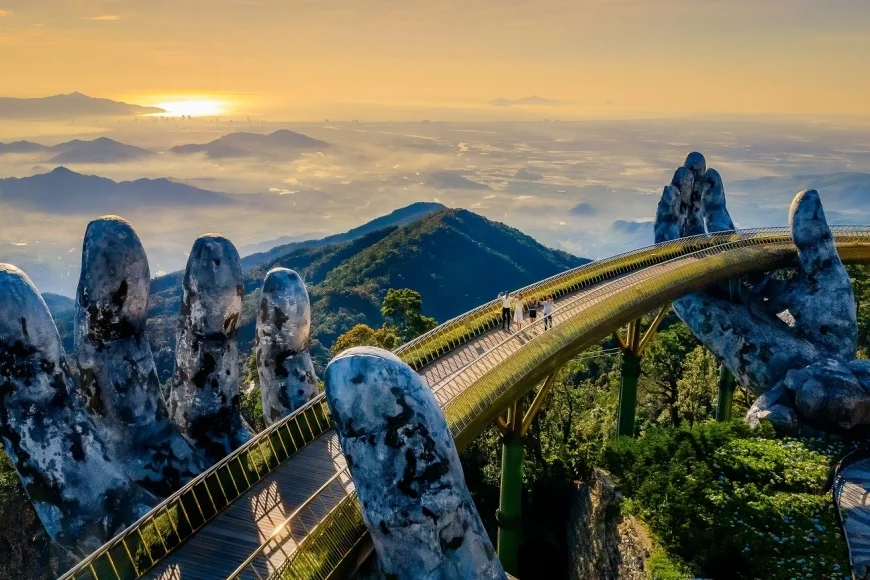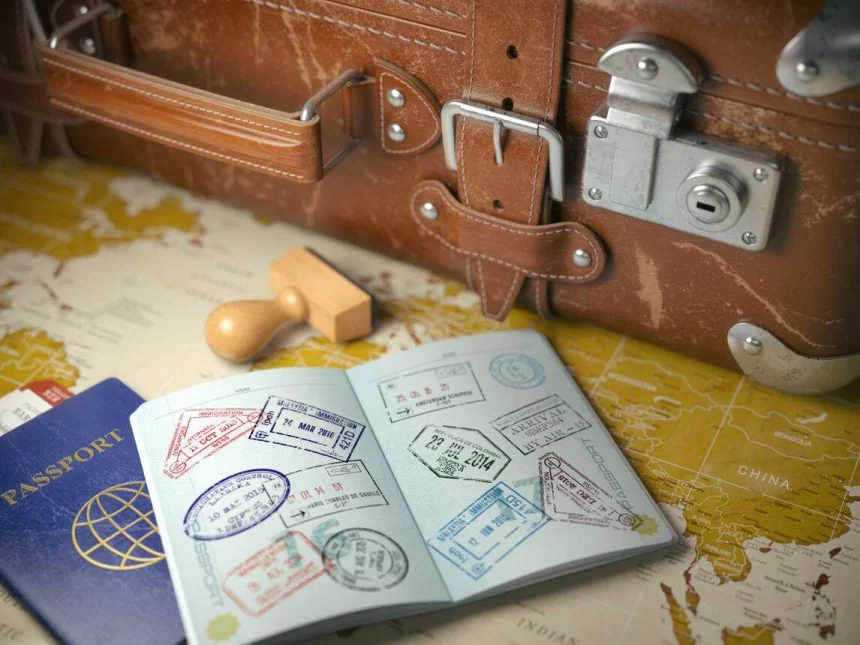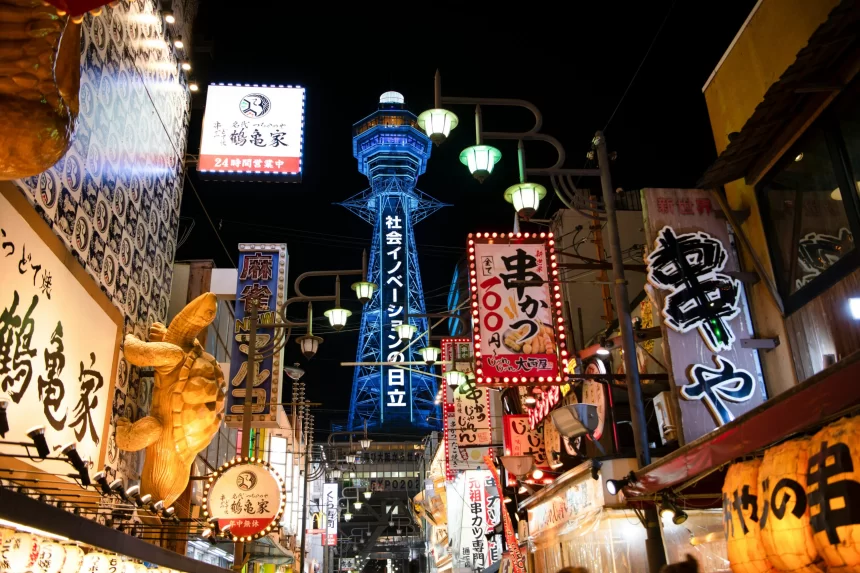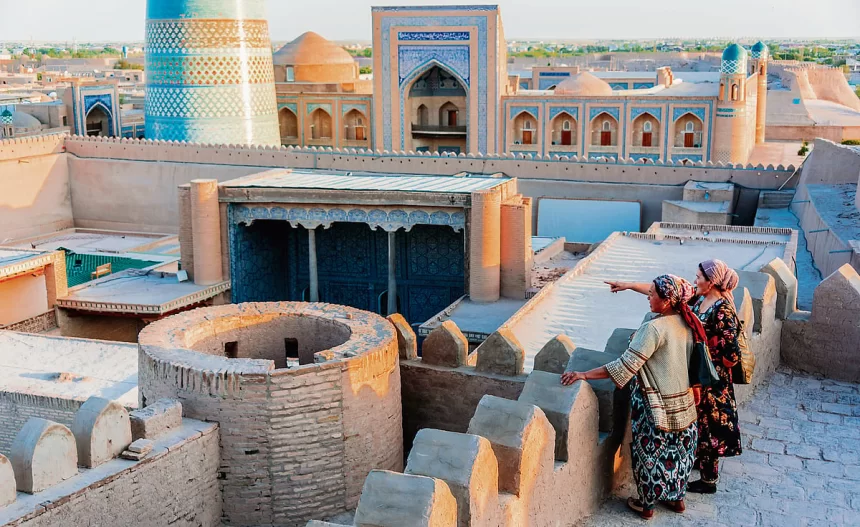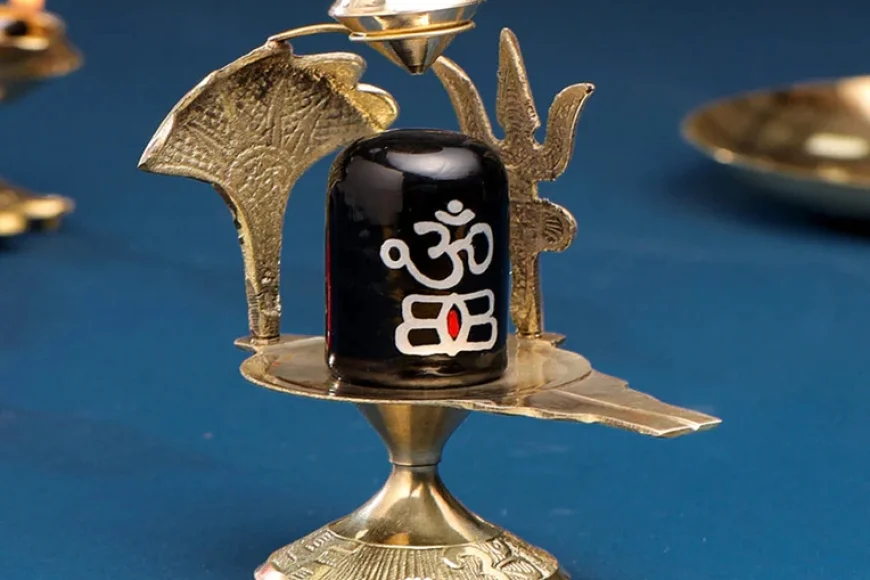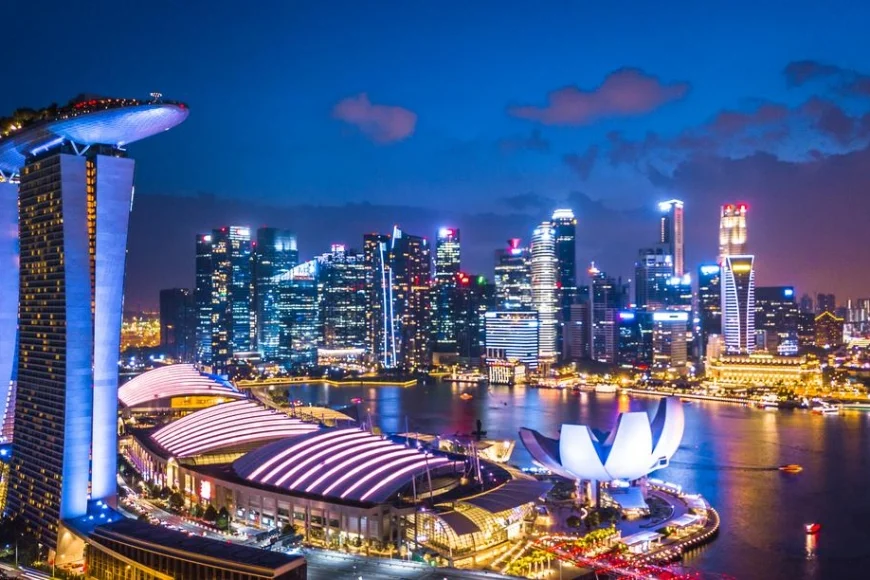Power, privilege, peril: The many hues of Bangladesh’s green passport

Join our WhatsApp Community to receive travel deals, free stays, and special offers!
- Join Now -
Join our WhatsApp Community to receive travel deals, free stays, and special offers!
- Join Now -

In 2009, I wrote “The Green Passport”, a musing based on my travels plights standing in hotel lobbies in Northeast India, clutching my Bangladeshi passport – a green booklet that felt less like a key to the world and more like a shackle.
Back then, it symbolised bureaucratic absurdity: a document that demanded police verification to prove I was not a threat to myself.
Fifteen years later, Bangladesh has abolished that colonial-era requirement, a reform hailed as progress. Yet the Home Ministry’s resistance – invoking Rohingya infiltration fears – hints at deeper anxieties.
The world, too, has shifted. The unipolar order has crumbled; the US wages financial wars via sanctions, China builds railways in Africa, and Western dissidents flee to Moscow. Amid this turbulence, the humble passport has become a prism refracting power, privilege, and peril.
Passport as a mirror of power
The Bangladeshi passport’s 2024 reforms are a study in contradictions. Diplomatic red passports, once doled out to MPs as status symbols, have been revoked – a nod to austerity.
E-passports now feature biometric chips, yet their forest-green covers remain unchanged, a design frozen since 1973. This duality reflects a nation torn between modernity and patronage.
Ranked 108th globally, the green passport grants visa-free access to just 40 countries, many of them “remote...
What's Your Reaction?
 Like
0
Like
0
 Dislike
0
Dislike
0
 Love
0
Love
0
 Funny
0
Funny
0
 Angry
0
Angry
0
 Sad
0
Sad
0
 Wow
0
Wow
0















